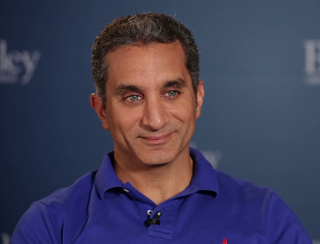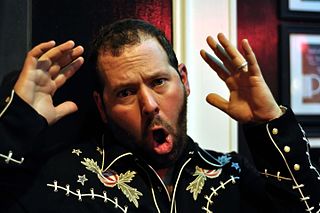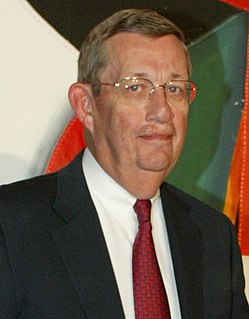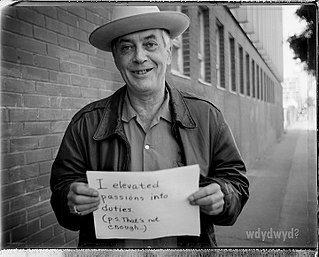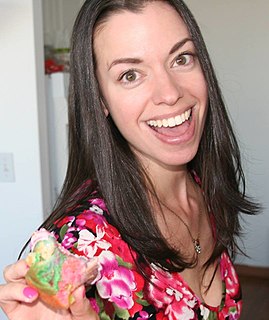A Quote by Nicholson Baker
When the excessively shy force themselves to be forward, they are frequently surprisingly unsubtle and overdirect and even rude: they have entered an extreme region beyond their normal personality, an area of social crime where gradations don't count; unavailable to them are the instincts and taboos that booming extroverts, who know the territory of self-advancement far better, can rely on.
Related Quotes
While there are relatively few extreme introverts or extroverts, most of us lean in one direction or the other. If we lean more toward introversion, we'll generally prefer less social activity than more extroverted people. One inclination is not 'better' than another, but our culture can make it seem as if extroverts have a social advantage.
I didn't invent satire. I didn't come up with it. And it will continue to be a very powerful tool to disrupt political taboos and social taboos and religious taboos, because those taboos are always used to control and to curb people's way of creativity and thinking, by making them feel guilty because they want to make a change.
Nowadays, we never allow ourselves the convenience of being temporarily unavailable, even to strangers. With telephone and beeper, people subject themselves to being instantly accessible to everyone at all times, and it is the person who refuses to be on call, rather than the importunate caller, who is considered rude.
Oh," the girl said, shaking her head. "Don't be so simple. People adore monsters. They fill their songs and stories with them. They define themselves in relation to them. You know what a monster is, young shade? Power. Power and choice. Monsters make choices. Monsters shape the world. Monsters force us to become stronger, smarter, better. They sift the weak from the strong and provide a forge for the steeling of souls. Even as we curse monsters, we admire them. Seek to become them, in some ways." Her eyes became distant. "There are far, far worse things to be than a monster.
It is madness. And if you don't know who you are, or if your real self has drifted away from you with the undertow, madness at least gives you an identity. It's the same with self-loathing. You're probably just normal and normal-looking but that's not a real identity, not the way ugliness is. Normality, just accepting that you're probably normal-looking, lacks the force field of self-disgust. If you don't know who you are, madness gives you something to believe in.
The competitive instinct is what I think drives organizations and people to become better and better. It can promote change toward progress and development, which is good for everybody. It can be the motivating force behind improvement in our social well-being that is far beyond anything we might have imagined on our own.
Introverts almost never cause me trouble and are usually much better at what they do than extroverts. Extroverts are too busy slapping one another on the back, team building, and making fun of introverts to get much done. Extroverts are amazed and baffled by how much some introverts get done and assume that they, the extroverts, are somehow responsible.
Much of the social history of the Western world over the past three decades has involved replacing what worked with what sounded good. In area after area - crime, education, housing, race relations - the situation has gotten worse after the bright new theories were put into operation. The amazing thing is that this history of failure and disaster has neither discouraged the social engineers nor discredited them.


